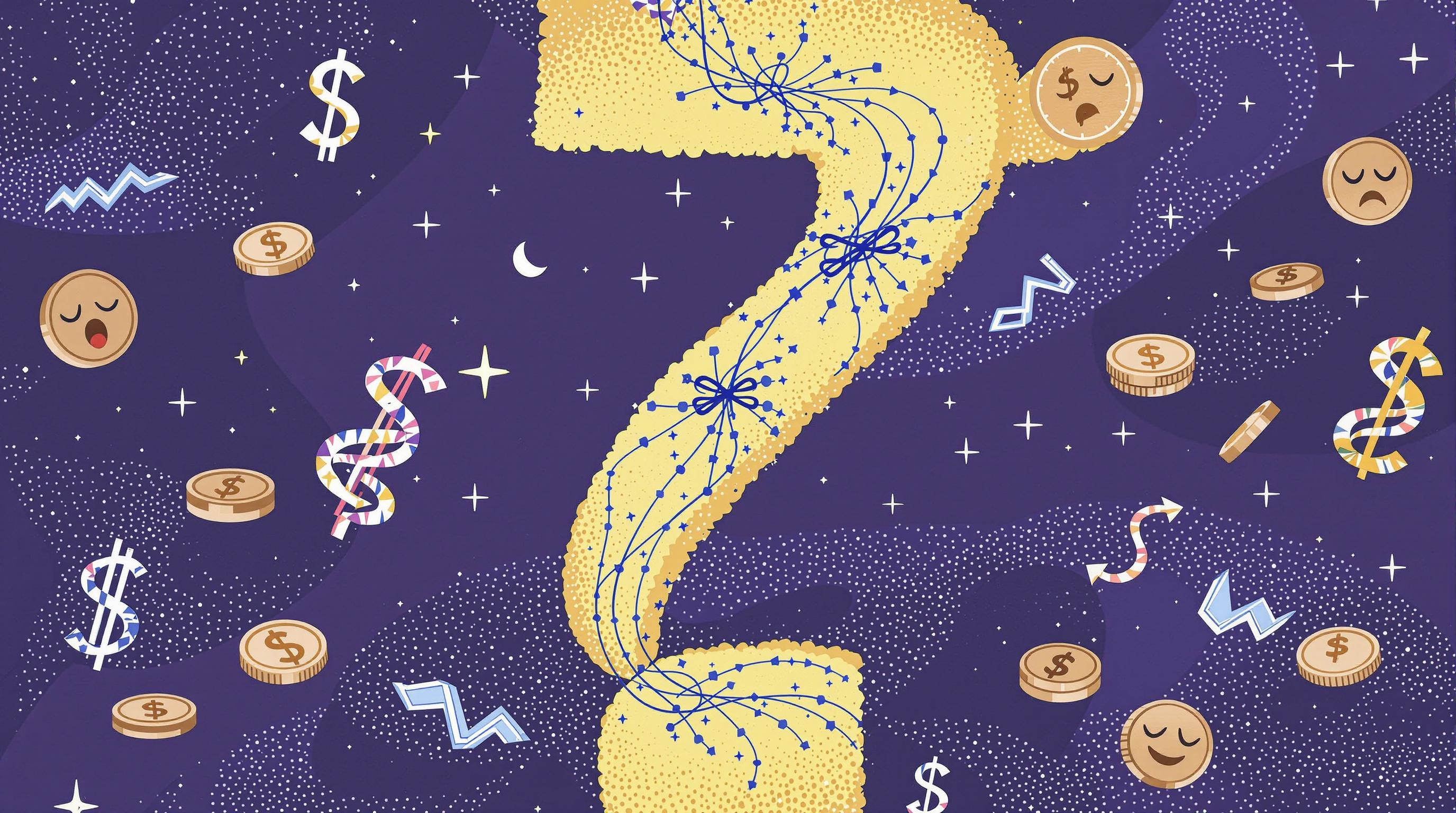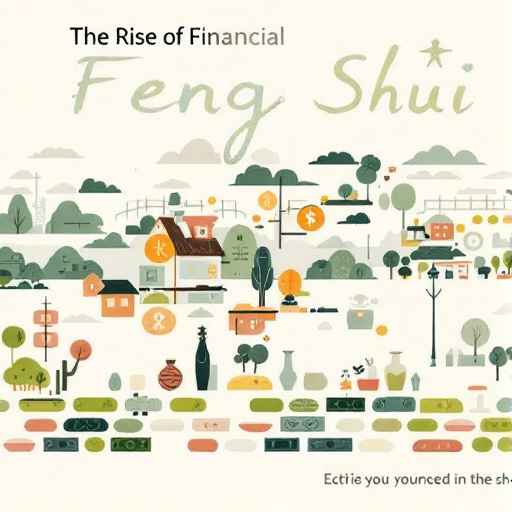Featured Articles
- Cryptocurrency and Climate Change: The Unseen Impact of Your Investments on the Planet's Future
- Cryptocurrency Gifting: The New Age of Financial Advice or Just a Tax Time Bomb?
- Cryptocurrency Gifting: The New Trend for Wealth Transfer in Millennial Families
- Cryptocurrency Therapy: How Mental Health Influences Financial Decision-Making in the Digital Age
- How Sleep Patterns Secretly Shape Your Spending Habits and Financial Decisions in Unexpected Ways
The Psychology of Financial Superstitions: How Rituals Shape Money Choices Beyond Logic and Reason
The Psychology of Financial Superstitions: How Rituals Shape Money Choices Beyond Logic and Reason
Money and superstition are surprisingly intertwined, shaping our financial decisions in ways that defy logic. This article explores the fascinating psychology behind financial rituals, revealing how beliefs influence spending, saving, and investing behavior.
Anecdotal Stories: Lucky Charms at the Cash Register
Consider Elaine, a 34-year-old graphic designer, who always carries a small jade turtle in her wallet for "good financial luck." If she forgets it, she hesitates to spend more than $20 in a day. Stories like Elaine's show how personal rituals create a psychological safety net, providing comfort amid the uncertainty of money management.
Age and Superstition: Not Just for the Old
While superstitions are often linked to elder generations, studies reveal that younger people are just as likely to engage in money rituals. A 2021 survey by the Financial Behavior Institute found that 62% of millennials believed in at least one money-related superstition, including avoiding certain numbers or following lucky spending days.
From Tobacconist Tales to Today’s Crypto Rituals
Historically, financial superstitions date back centuries—traders in medieval markets frowned upon starting business transactions on Fridays or associated certain coins with prosperity. Today, even cryptocurrency traders consult "moon phases" or specific times to buy or sell. These rituals serve as tools to reduce anxiety in highly volatile environments.
Why Do We Cling to Irrational Financial Practices?
At the core, financial decisions are among the most emotionally charged we make. As this 45-year-old writer, I see how rituals provide a sense of control against an unpredictable backdrop. The uncertainty of markets, job security, and economic trends can be terrifying, so rituals function as coping mechanisms.
Psychological Mechanisms: Cognitive Biases and Rituals
Financial superstitions often tap into cognitive biases such as the illusion of control—the mistaken belief that one can influence random events. Rituals give individuals the false impression that their actions positively affect outcomes, even when statistically irrelevant. This is supported by research published in the Journal of Behavioral Finance, demonstrating that rituals can momentarily boost confidence, though they don't predict results.
Case Study: The “Money Dance” Among Small Business Owners
In small business communities, a tradition known as the “money dance” involves shaking a jar of coins before cashing daily takings. Business owner Raj Patel credits this ritual with bringing prosperity to his boutique. While skeptics see no causal link, safeguarding money through ritualistic acts reassures owners and fosters positive business attitudes.
Humorous Insight: When Good Luck Goes Awry
Imagine Dave, a 58-year-old accountant, who refuses to invest on Tuesdays because his grandfather experienced a stock crash that day. He’s lost some good opportunities but insists, "Better safe than sorry!" Such quirks highlight the humorous side of irrational financial rituals and their grip on even the most logical minds.
The Role of Culture in Financial Rituals
Ritualistic money behaviors vary widely across cultures. For instance, in Japan, giving gifts wrapped in red envelopes is believed to invite wealth. In contrast, Western cultures might avoid the number 13 in transactions due to superstition. These cultural scripts shape how individuals interpret economic events and choose financial actions.
Practical Implications: Should Financial Advisors Encourage Rationality?
From a professional standpoint, financial advisors often struggle between respecting client rituals and promoting evidence-based strategies. Some argue dismissing superstitions outright can alienate clients, while others advocate for education to curb detrimental behaviors. The balance lies in empathy, guiding clients gently toward rational choices without negating personal beliefs.
Statistics Highlight the Prevalence of Financial Superstitions
According to a 2019 Gallup Poll, 40% of Americans engage in at least one financial superstition regularly. Common practices include avoiding certain days for purchases or investments and carrying lucky objects during important money decisions. This prevalence underscores superstition’s robust role despite widespread financial education.
Conversational Take: Let’s Talk About Your Wallet Rituals
Have you ever found yourself double-checking your bank balance after avoiding spending on a “bad luck” day? You’re not alone. Many of us quietly juggle superstition with logic. Next time you hesitate to invest or splurge, ask: Is this fear or habit driving me?
Financial Literacy Meets Psychological Comfort
The intersection where financial literacy and irrational rituals meet is complex. Education can empower, but it often fails to address emotional needs. Rituals fill that gap, providing comfort during uncertainty, like a security blanket for our financial fears.
Closing Reflection: Embracing the Human Side of Money
While financial superstitions may seem quaint or illogical, they reveal deeper human desires for certainty and safety. Understanding these rituals can help us approach money management with greater compassion—for ourselves and others—recognizing that finance is not just numbers, but feelings woven into culture and identity.




